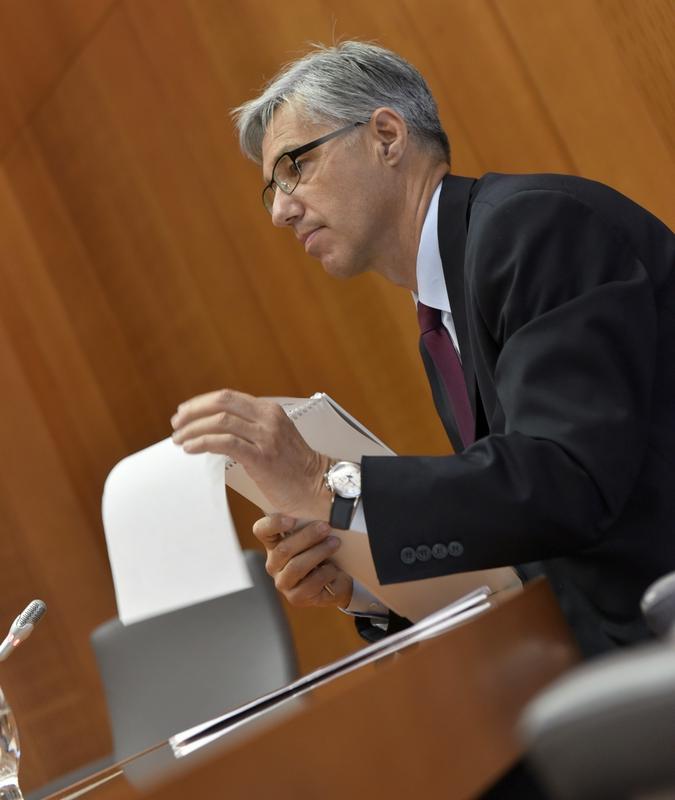
So what did Jašovič tell the parliamentary commission, investigating the bank bailouts, about the suspicious transaction of funds from 2009 and 2010, which traveled from Iran through Nova Ljubljanska Banka (NLB) to other foreign destinations? "An internal audit detected signs of unorthodox business practices and recommended the closure of such procedures, and we did do that. We were not informed about what happened later and what the findings of the investigating authorities were," he told the parliamentary commission.
Once the bank detected the suspicious transactions it passed on the information to the Office for Money Laundering Prevention. In line with its authority the office took action and presented its findings to the police. The police then examined the findings but lacked proof in order to launch a pre-trial investigation. The content presented to the police also lacked elements to officially prosecute a criminal offence, which would be connected to the Iranian company, informed the police. However, the police will now also look into the findings of the parliamentary inquiry commission.
NLB was visited by inspectors from the Bank of Slovenia right after the suspicious transactions from Iran, and was given the task to improve its system for detecting suspicious transactions, which was very poor at that time.
However, if the authorities today even do suspect elements of a criminal act, the acquiring of illegal assets and money laundering connected to the Iranian company, it will most likely be impossible to launch any action because of the statute of limitations.
Simeona Rogelj (RA Slovenija); translated by K. J.

































































